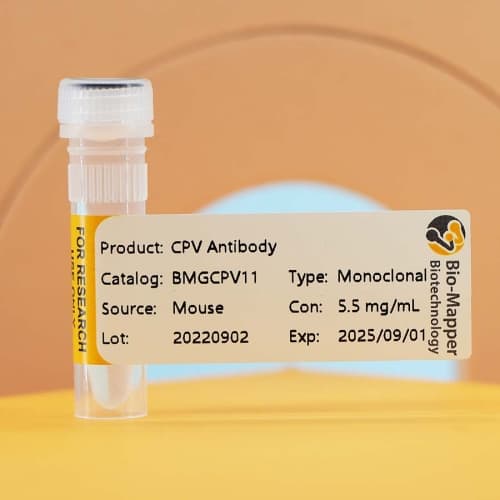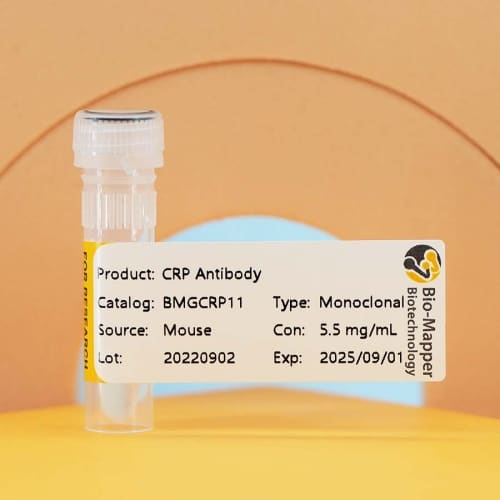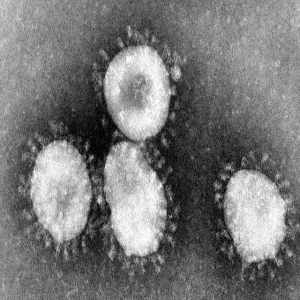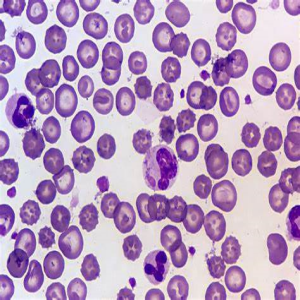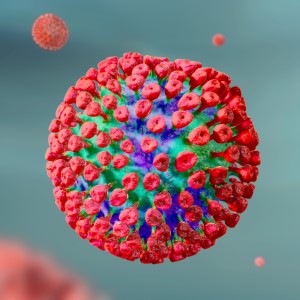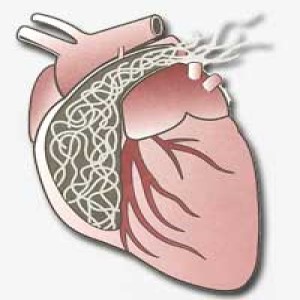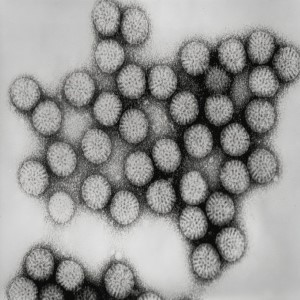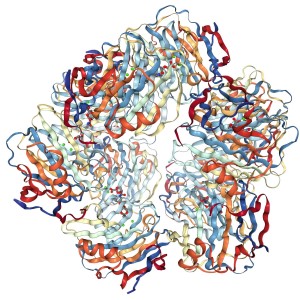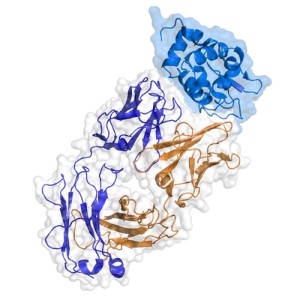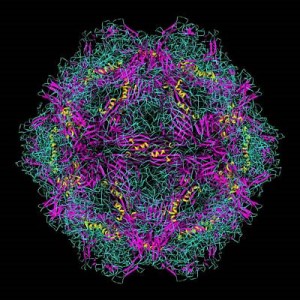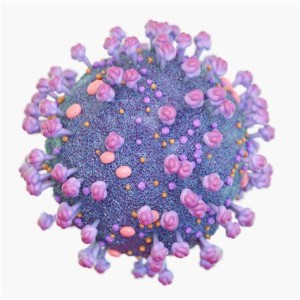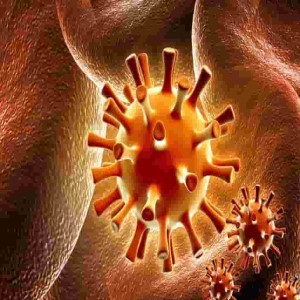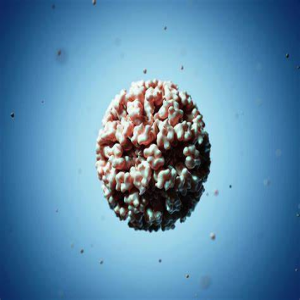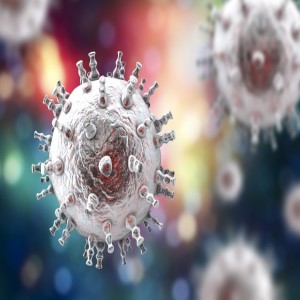-
Canine parvovirus disease is a highly contagious severe infectious disease caused by canine parvovirus (CPV), also known as canine viral enteritis or hemorrhagic enteritis. Clinically, it is characterized by acute hemorrhagic enteritis and myocarditis. After healthy dogs are infected with canine parvovirus through the digestive tract, the virus mainly attacks two types of cells, one is intestinal epithelial cells and the other is cardiomyocytes, which show symptoms of gastrointestinal tract and myocarditis respectively. Myocarditis is more common in puppies. It is one of the most important severe infectious diseases that harm dogs.
-
CRP Antibody& AntigenC-reactive protein (CRP) is an acute protein synthesized by liver cells in time after the animal body is stimulated by inflammation such as pathogenic microorganism infection or body tissue damage. The CRP content in normal dog and cat serum is extremely low, basically less than 10mg/L. Different types of diseases have different changes in CRP. Canine CRP is highly sensitive to diseases and can rise rapidly in the early stages of the disease to reflect the condition in time. Moreover, the concentration of CRP is not affected by antibiotics and immunosuppressants, and the development of the disease can be accurately monitored during treatment, so it has high value in clinical diagnosis and treatment.

